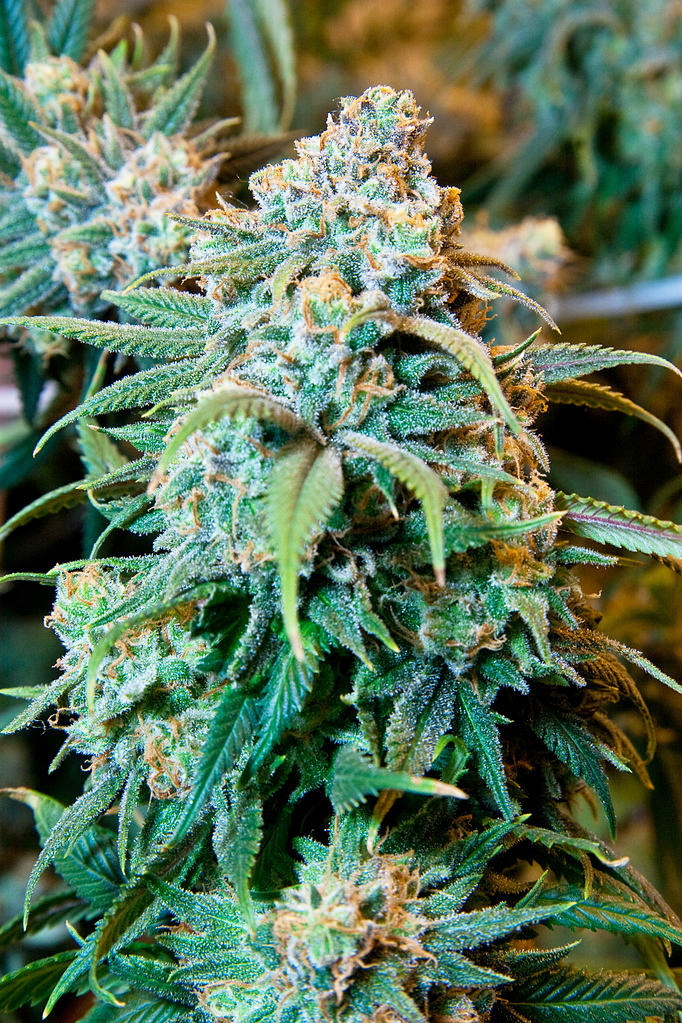The White House alluded to a tougher crackdown on marijuana use in a press briefing last week.
“I do believe you’ll see greater enforcement of it,” Press Secretary Sean Spicer said, during his daily press briefing. He added that the Department of Justice will be looking into the issue further.
Spicer differentiated between recreational use and medical use of marijuana.
“The President understands the pain and suffering that many people go through who are facing especially terminal diseases and the comfort that some of these drugs, including medical marijuana can bring them.”
Recreation marijuana, he said, “is a very, very different subject.”
Ohio legalized medical marijuana in 2016, however, recreational marijuana has been denied each time it comes up to vote. Ohio has been looking to set more limits on any use of medical marijuana.
“The vast majority of Americans agree that the federal government has no business interfering in state marijuana laws,” said Mason Tvert, the communications director for the Marijuana Policy Project, in a statement. “This administration is claiming that it values states’ rights, so we hope they will respect the rights of states to determine their own marijuana policies.”
Marijuana is still illegal under federal law, but the Obama administration said in an official memo that federal prosecutors would leave state’s marijuana laws alone as long as cannabis didn’t cross state lines and the states followed a set of guidelines.
Washington Attorney General Bob Ferguson, who challenged Trump’s immigration ban, issued a statement against Spicer’s comments.
“My office will use every tool at our disposal to ensure that the federal government does not undermine Washington’s successful, unified system for regulating recreational and medical marijuana,” he said.
Spicer cited the growing opioid addiction crisis as the White House’s reasoning to enforce laws on marijuana.
“I think that when you see something like the opioid addiction crisis blossoming in so many states around this country, the last thing we should be doing is encouraging people. There is still a federal law that we need to abide by,” Spicer said.
The National Cannabis Industry Association issued a statement against Spicer’s argument that the use of recreational marijuana could lead to the use of opioids.
“Science has discredited the idea that marijuana serves as any kind of gateway drug, and the addiction and death rates associated with opioids simply do not occur in any way with cannabis,” said Aaron Smith, the organization’s executive director.
During the election season, Trump had said that marijuana use would be a state issue that the federal government would not get involved with it.
“In terms of marijuana and legalization, I think that should be a state issue, state-by-state,” he said in Nevada in October 2015.
Attorney General Jeff Sessions has been critical of recreational marijuana in the past, however, he has stayed mostly silent on the subject since he took the office.
Roger Stone, a political consultant, lobbyist and strategist, who is a Trump supporter voiced his displeasure on Twitter.
“A crackdown on legal marijuana in the states will cost thousands of jobs & bankrupt local govt- huge mistake,” he tweeted.
The White House has not made any set plans to crackdown on the use of recreational marijuana and the State Department has not yet commented on it.
28 states and the District of Columbia allow medical marijuana usage while three states allow recreational marijuana, Oregon, Washington and Colorado.
Laina Yost
Managing Editor


